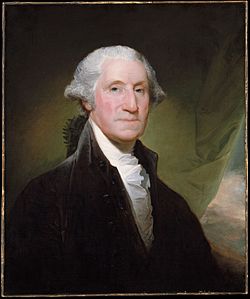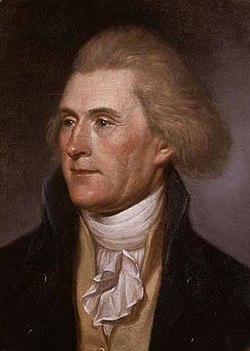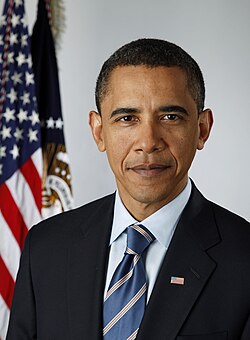Background
In the United States, cannabis was initially grown for industrial reasons, though it quickly became a staple medicinal product in the early 19th century and recreational use became more prevalent during the 20th century. Harry J. Anslinger, the commissioner of the Federal Bureau of Narcotics, responded to political pressure to ban marijuana at a nationwide level. The Marihuana Tax Act of 1937 created an expensive excise tax, and included penalty provisions and elaborate rules of enforcement to which marijuana, cannabis, or hemp handlers, were subject. Mandatory sentencing and increased punishment were enacted when the U.S. Congress passed the Boggs Act of 1951 and the Narcotics Control Act of 1956.
During the counterculture of the 1960s, attitudes towards marijuana and drug abuse policy changed as marijuana use among "white middle-class college students" became widespread. In Leary v. United States (1969), the U.S. Supreme Court held the Marihuana Tax Act to be unconstitutional since it violated the Fifth Amendment. In response, Congress passed the Controlled Substances Act as Title II of the Comprehensive Drug Abuse Prevention and Control Act of 1970, which repealed the Marihuana Tax Act. [4] In 1972, the National Commission on Marijuana and Drug Abuse concluded that marijuana should be decriminalized, but that public use and driving while intoxicated should remain illegal. By the end of the decade, several states had decriminalized the drug, while many others weakened their laws against cannabis use.
A wave of conservatism during the 1980s allowed president Ronald Reagan to accelerate the war on drugs, prompting anti-drug campaigns such as the "Just Say No" campaign of first lady Nancy Reagan. Federal penalties for cultivation, possession, or transfer of marijuana were increased by the Comprehensive Crime Control Act of 1984 and the Anti-Drug Abuse Acts of 1986 and 1988. Since California voters passed the 1996 California Proposition 215, which legalized medical cannabis, several states have followed suit. However, United States v. Oakland Cannabis Buyers' Cooperative (2001) rejected the common-law medical necessity defense to crimes enacted under the Controlled Substances Act because Congress concluded that cannabis has "no currently accepted medical use" and Gonzales v. Raich (2005) concluded that the Commerce Clause of Article One of the U.S. Constitution allowed the federal government to ban the use of cannabis, including medical use. Today, cannabis remains classified as a Schedule I drug under the Controlled Substances Act, and possession is punishable by up to one year in jail and a minimum fine of $1,000 for a first conviction. [6]
This page is based on this
Wikipedia article Text is available under the
CC BY-SA 4.0 license; additional terms may apply.
Images, videos and audio are available under their respective licenses.






